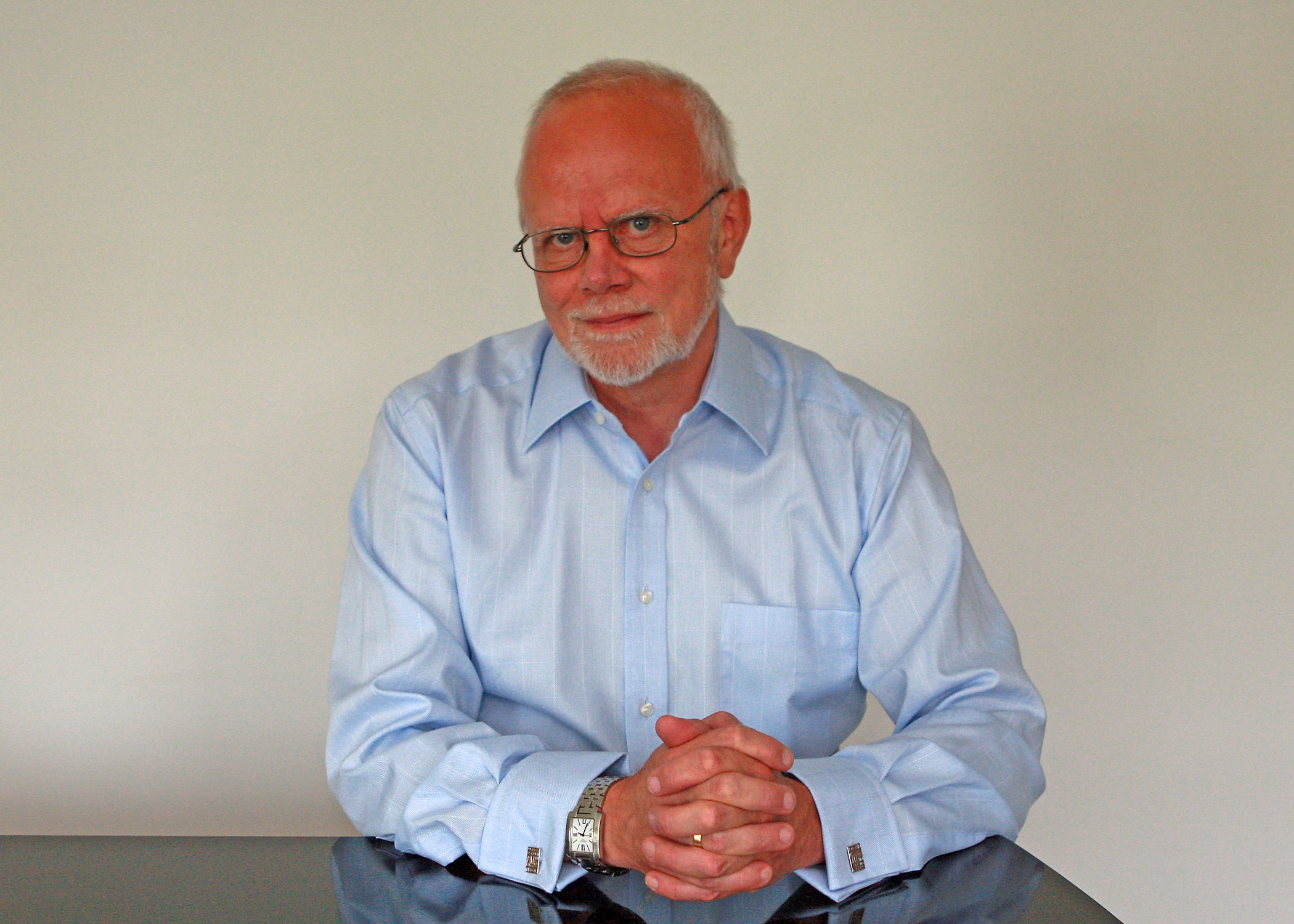How do you describe your job when you meet people at a party?
I tell them my job can be broken down into three issues. 1. Technical systems; food safety/quality; environmental issues; health and safety. 2. Leadership and helping people develop management systems. 3. Coaching and mentoring people, which I’ve found is where a lot of technical people need the help. Often quite people are good technically, but they need help with self-confidence and relationships with other people.
Describe briefly how your career has progressed to date.
After doing a PhD at the University of Birmingham, I started in R&D in the food industry in Ireland, which I did for four years. Then I concentrated in dairy in the UK and spent 15 years as the group technical director at Dairy Crest, responsible for all the technical functions in the business (including quality control, engineering, process development, health and safety, environment). To give you an example of the type of work I do now, I recently worked with the largest supplier of eggs to UK retailers. Last year they realized that their technical organization wasn’t up to the standards that UK retailers expected (i.e. the competence of their technical people and the way they interacted with others). I worked with them for a number of months to make sure they appointed a technical director with the right relationship for the commercial and operational sides of the business. Another example. I’m working with a cheese company who wants to significantly develop their amount of business in cheese, but they don’t have many in-house skills. I’m helping to define their processes, train staff, and do some coaching of their middle to senior managers. It dawned on me 15 years ago as a scientist I had one certain language which worked great with other scientists and technologists, but to get any further I needed to be able to speak with the commercial guys as well. My MBA was a big help. I realized you can have the best technical systems in the world and the best appreciation of marketing and HR, but the next step in terms of making progress is to understand what makes people tick in order to get the best out of them. In my work I use as much psychology as I do technical training.
How is your job cross-disciplinary?
To be cross-disciplinary is very much part of my personality. I want to deal with lots of different areas. I first realized this when I was doing new product development and was involved with every part of the business (marketing, engineering, purchasing, distribution etc.) For food scientists, working in new product development is a great opportunity to get involved in all the different parts of the business.
How do you see your field developing over the next 5-10 years?
I see a trend that most businesses will increasingly use consultants to fix short-term problems and long-term strategies
What’s the most unexpected thing about your job?
An element of serendipity. Ten years ago when I was at Dairy Crest I was asked to double up as a technical director of a joint venture business (Yoplait Dairy) which brought with it a whole new set of problems and taught me a whole new way of dealing with things. I realized as you progress through your career, science is important but you’re got to increasingly focus on relationships and the people side of things
What’s the biggest achievement of your career so far?
Being the technical leader on the project team that rebuilt our flagship cheese factory – Dairy Crest. It was crucially important – involving a £60 million investment which saw the company double in size but continue to produce the same quality of cheese (in the supermarket, you might recognize Cathedral City). I was part of the board that made sure the money was spent on right parts of project. I brought my project management skills to that project and put the right strategy in place to ensure we got the right quality product at the end.
